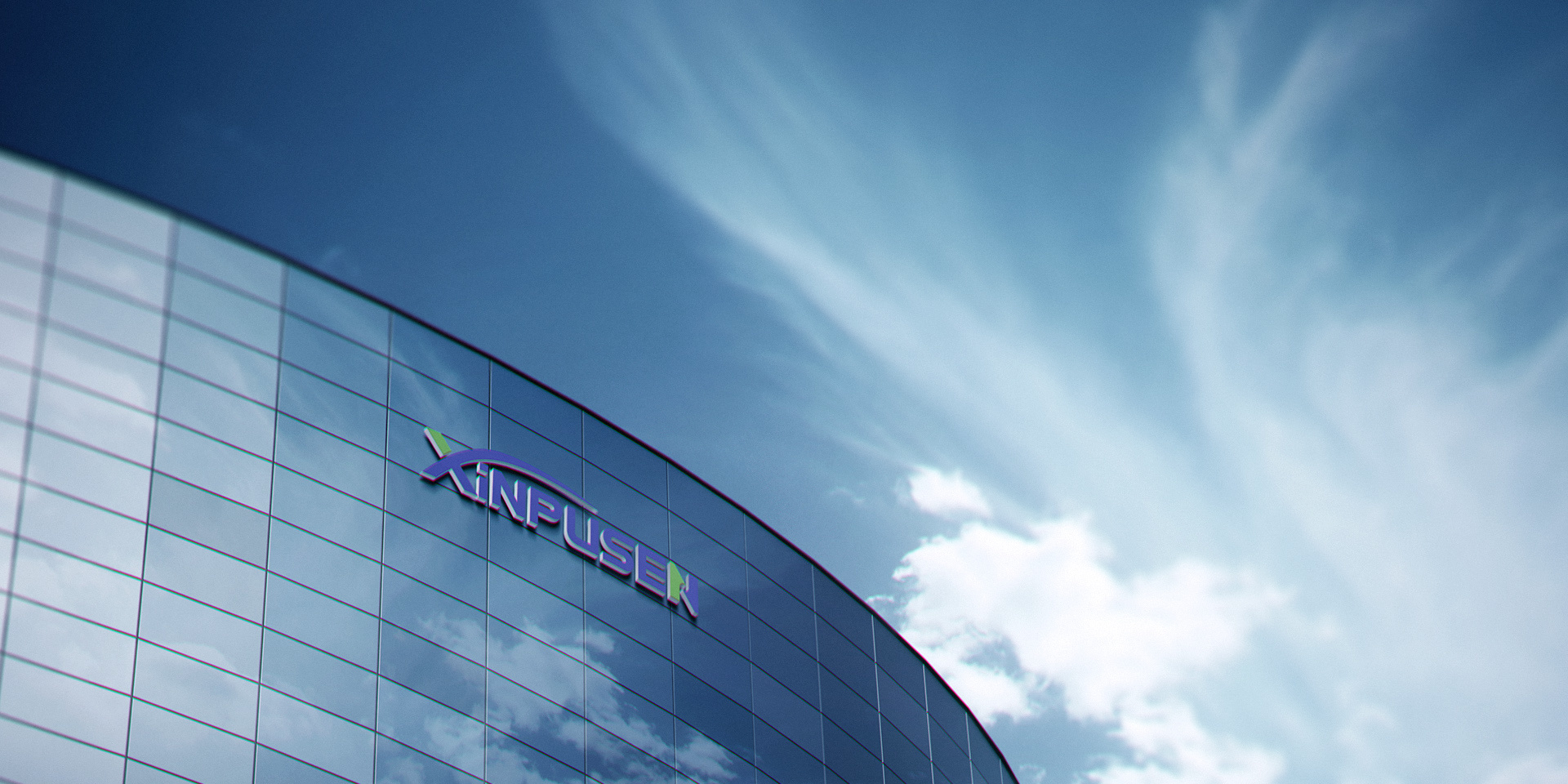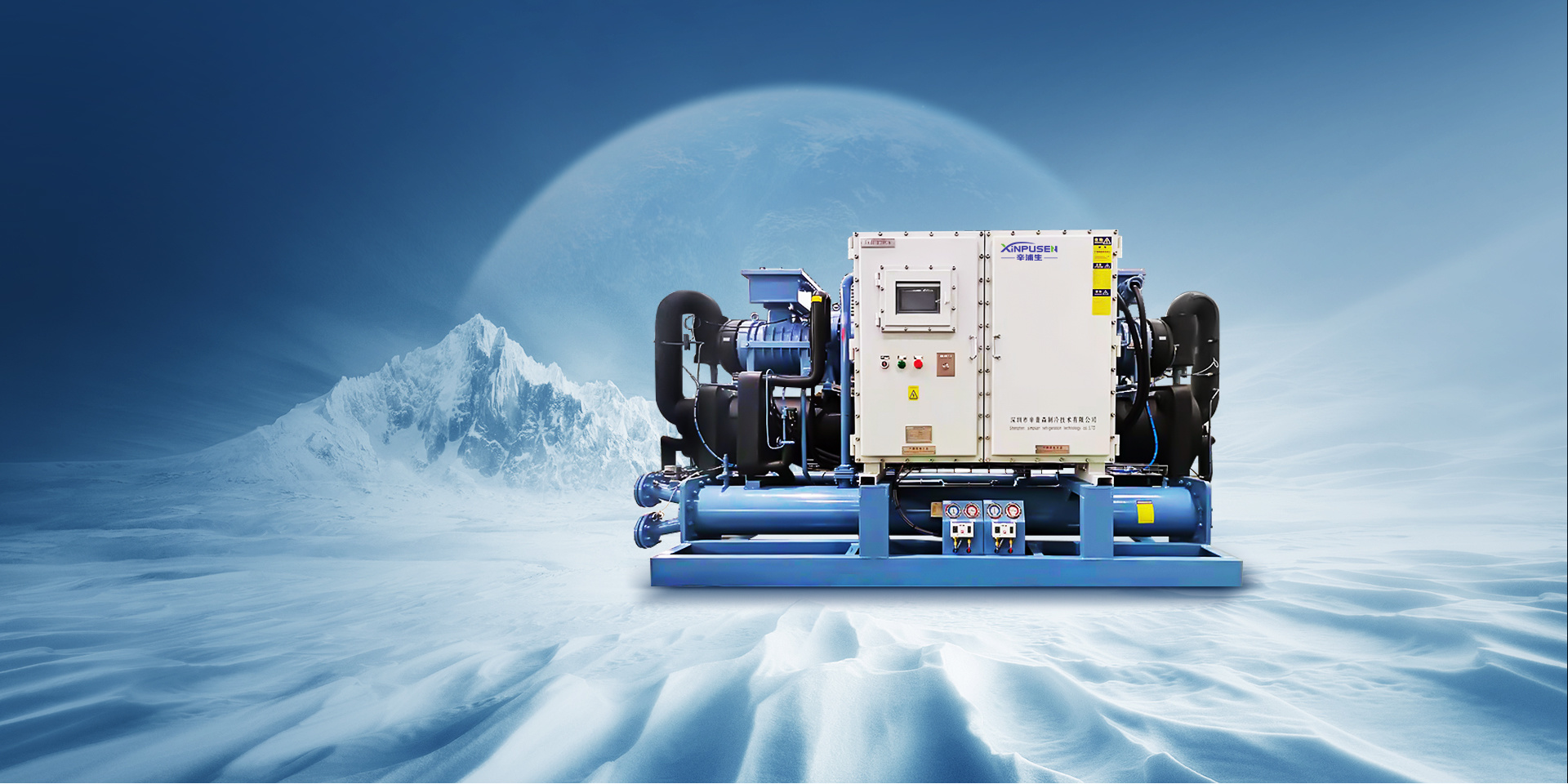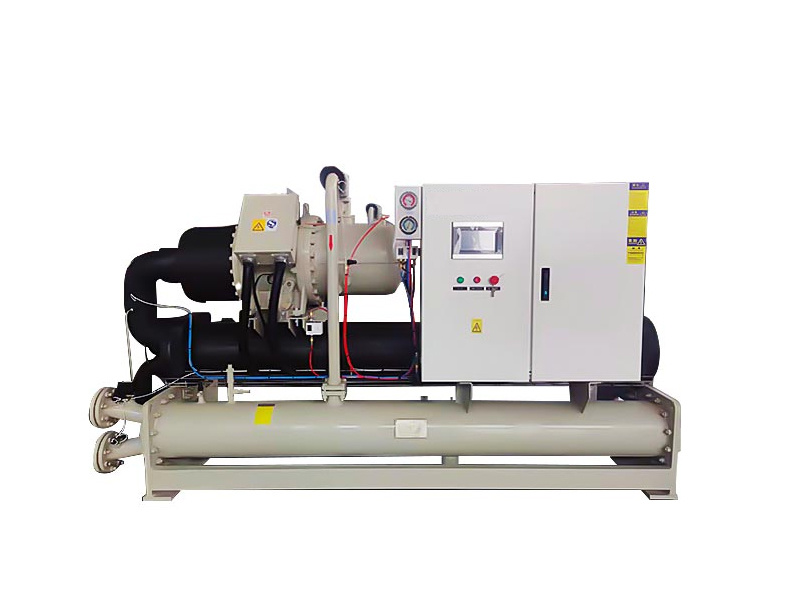Understanding Anti-Corrosion Chillers: Essential Insights for Industrial Cooling Solutions
2025-05-29 14:00
Anti-corrosion chillers are particularly beneficial in industries where exposure to moisture, chemicals, or saline conditions is prevalent. The materials used in constructing these chillers are specially selected to resist corrosion. For instance, high-grade stainless steel, specially coated metals, or non-corrosive alloys are often utilized to enhance durability. This design consideration is essential for extending the lifespan of the equipment, ultimately providing a more reliable solution for cooling needs.
In addition to durability, anti-corrosion chillers can significantly improve energy efficiency. Traditional chillers may require more energy to operate effectively in corrosive environments due to wear and tear. By investing in anti-corrosion technology, industries can ensure consistent performance and reduce energy consumption, contributing to a more sustainable operation. Moreover, these chillers often feature advanced control systems that optimize cooling cycles, further enhancing efficiency.
Another advantage of anti-corrosion chillers is their ability to minimize maintenance costs. Corrosion-related issues can lead to frequent breakdowns and repairs, which can be both time-consuming and expensive. With anti-corrosion chillers, businesses can reduce the frequency of maintenance interventions, allowing for uninterrupted operations and lower overall maintenance expenditures. This reliability is particularly important in industries such as food processing, pharmaceuticals, and chemical manufacturing, where temperature control is critical.
Furthermore, the implementation of anti-corrosion chillers can lead to improved safety standards. Corroded equipment can pose safety risks to personnel, as leaks or failures may lead to hazardous situations. By utilizing chillers designed to resist corrosion, companies not only protect their equipment but also safeguard their employees.
In summary, anti-corrosion chillers represent a vital component of industrial cooling solutions. They provide enhanced durability, energy efficiency, reduced maintenance costs, and improved safety. As industries continue to seek innovative solutions to meet their cooling needs, investing in anti-corrosion technology is a forward-thinking choice that supports both operational efficiency and long-term sustainability. Understanding the benefits of anti-corrosion chillers can help businesses make informed decisions about their cooling systems, ensuring optimal performance even in the most challenging environments.
Previous: Understanding the Benefits of Low Temp Condensing Units in Industrial Refrigeration
More Information
2026-03-02
Understanding the Advantages of Water-Cooled Screw Chillers for Industrial Applications
2026-02-24
quality air cooled industrial chiller
2026-02-23
Essential Insights into Air Cooled Industrial Chillers: Efficiency, Selection, and Maintenance
2026-02-16
What to Expect During the Installation of Air Cooled Industrial Chillers: A Comprehensive Guide
2026-03-02
Understanding the Advantages of Water-Cooled Screw Chillers for Industrial Applications









 CN
CN EN
EN


